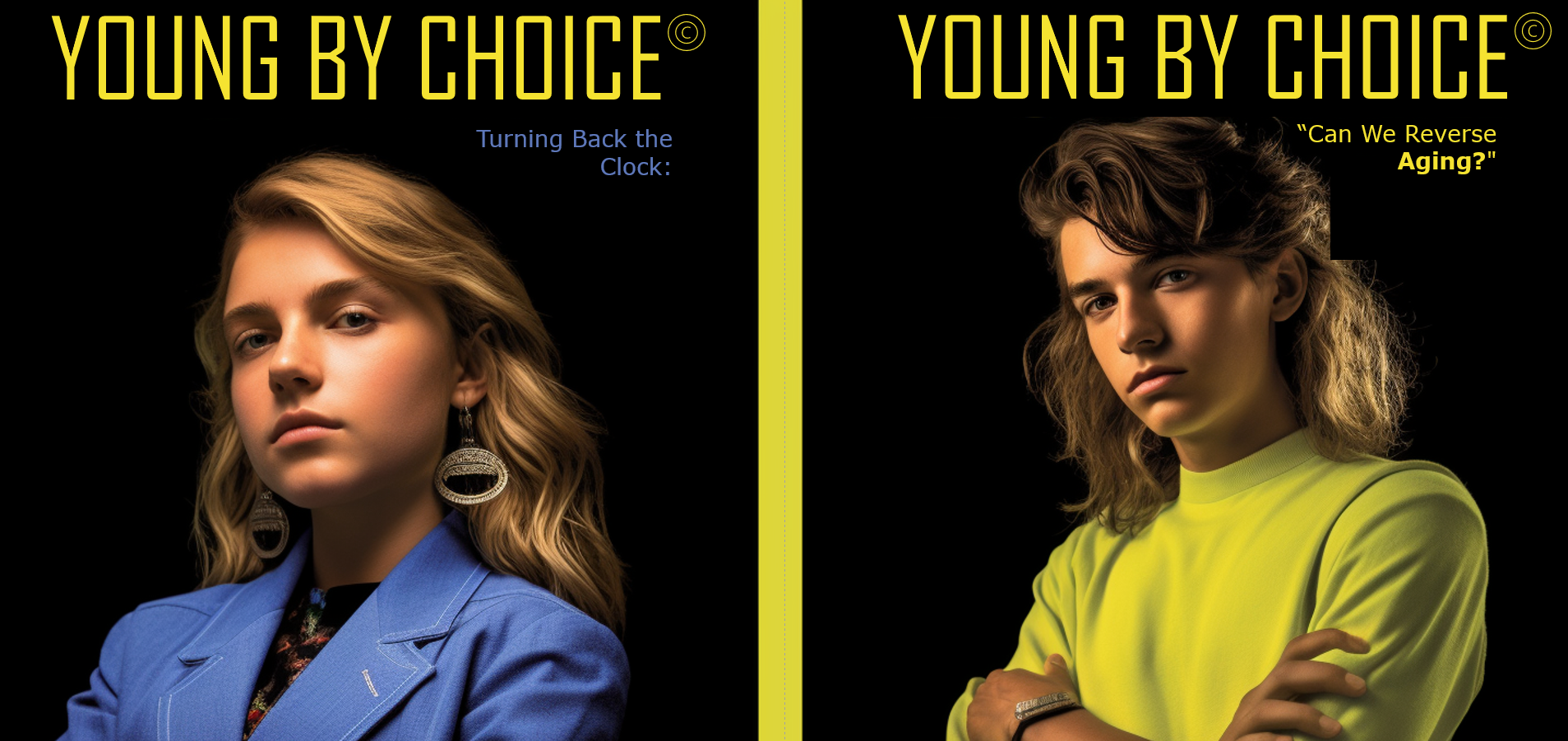- Home
- Wellness
- Support Us
- Community
- Ben Greenfield – The Ultimate Resource Guide
- Dave Asprey – The Father of Biohacking
- Dr. Andrew Huberman – Pioneering Neuroscience Research
- 🔬 Dr. David Sinclair: Pioneer in Anti-Aging and Longevity Science 🧬
- Dr. Steven Gundry, MD: The Pioneer in Holistic Health and Wellness
- Max Lugavere: Health and Science Journalist,
- NAMI, the National Alliance on Mental Illness
- Eco-Life
- Insights
- Home
- Wellness
- Support Us
- Community
- Ben Greenfield – The Ultimate Resource Guide
- Dave Asprey – The Father of Biohacking
- Dr. Andrew Huberman – Pioneering Neuroscience Research
- 🔬 Dr. David Sinclair: Pioneer in Anti-Aging and Longevity Science 🧬
- Dr. Steven Gundry, MD: The Pioneer in Holistic Health and Wellness
- Max Lugavere: Health and Science Journalist,
- NAMI, the National Alliance on Mental Illness
- Eco-Life
- Insights
- Home
- Wellness
- Support Us
- Community
- Ben Greenfield – The Ultimate Resource Guide
- Dave Asprey – The Father of Biohacking
- Dr. Andrew Huberman – Pioneering Neuroscience Research
- 🔬 Dr. David Sinclair: Pioneer in Anti-Aging and Longevity Science 🧬
- Dr. Steven Gundry, MD: The Pioneer in Holistic Health and Wellness
- Max Lugavere: Health and Science Journalist,
- NAMI, the National Alliance on Mental Illness
- Eco-Life
- Insights
Top Insights
ChatGPT InsightsHealthLongevityPhysical Wellness
 Young By ChoiceSeptember 16, 20231 Mins read44 Views
Young By ChoiceSeptember 16, 20231 Mins read44 Views
Turning Back the Clock: Can We Reverse Aging?

Turning back age
Recent Posts
Categories
- Anti-Aging34
- Beauty2
- Ben Greenfield Corner172
- Biohacking28
- Books1
- Bulletproof6
- ChatGPT Insights52
- Dr. David Sinclair2
- Dr. Gundry MD1
- Emotional Balance29
- Health13
- Huberman Labs Highlights24
- Human Potential Newsfeed316
- Intellectual Expansion61
- Lifestyle11
- Longevity19
- Max Lugavere19
- Mindset29
- Modern Wellness3
- Nutritional Insights224
- Physical Wellness28
- Recipes32
- Self-care29
- Social Well-being13
- Supplements3
Related Articles
HealthIntellectual ExpansionLifestyle
Top 5 Health and Wellness Trends Shaping 2024: A Guide to Optimal Living
In our ever-evolving world, staying up-to-date with the latest health and wellness...
ByYoung By ChoiceApril 27, 2024
ChatGPT Insights
Advancements in Precision Medicine are revolutionizing the treatment of diseases and transforming the healthcare industry.
The WordPress post "Precision Medicine: A Game-Changer in the Fight Against Disease"...
ByYoung By ChoiceApril 14, 2024
ChatGPT Insights
Unlocking Personalized Healthcare: Exploring the Potential of Precision Medicine for All
"The Promise of Precision Medicine: Personalized Care for All" delves into the...
ByYoung By ChoiceApril 13, 2024
Physical Wellness
Boosting Your Fitness Game with Mindfulness 💪🧘
Incorporating mindfulness into your fitness routine can take your workouts to new...
ByYoung By ChoiceApril 3, 2024













